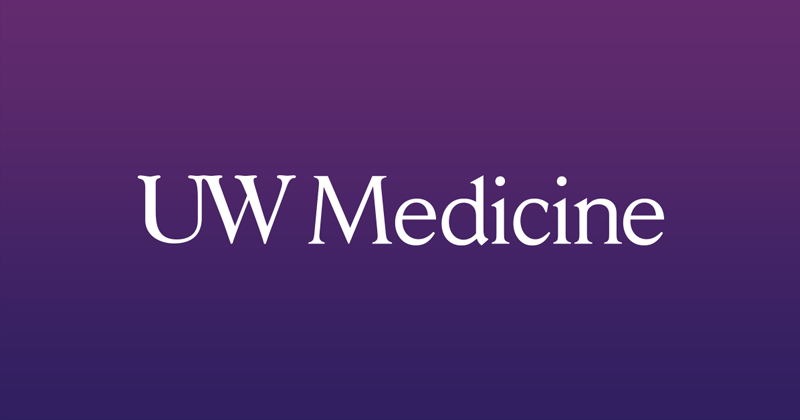- Joined
- May 21, 2020
- Messages
- 18
- Reaction score
- 3
- Points
- 456
- Pre-Medical
Hi! I am about to relocate to a WWAMI state because of SO's job. I should be eligible to apply next year by August since we'll have been there for 12 months. This is absolutely my #1 choice and we are planning to stay there in the future so it would be ideal to not go back and forth to another state for med school, and much less disrupting to my family. However, I am wondering how having been there only a year will be perceived? We are rushing this move so I can apply, especially in the middle of a pandemic, but if my file will be thrown in the trash anyway because I am perceived as a newcomer, I will feel guilty about putting my family through this. We are really not happy with the housing situation so far. Anyone is WWAMI has classmates that were somewhat recent relocations? The plan then would be to apply OOS next year (probably wouldn't get in) and reapply in state the following year.
Last edited:

